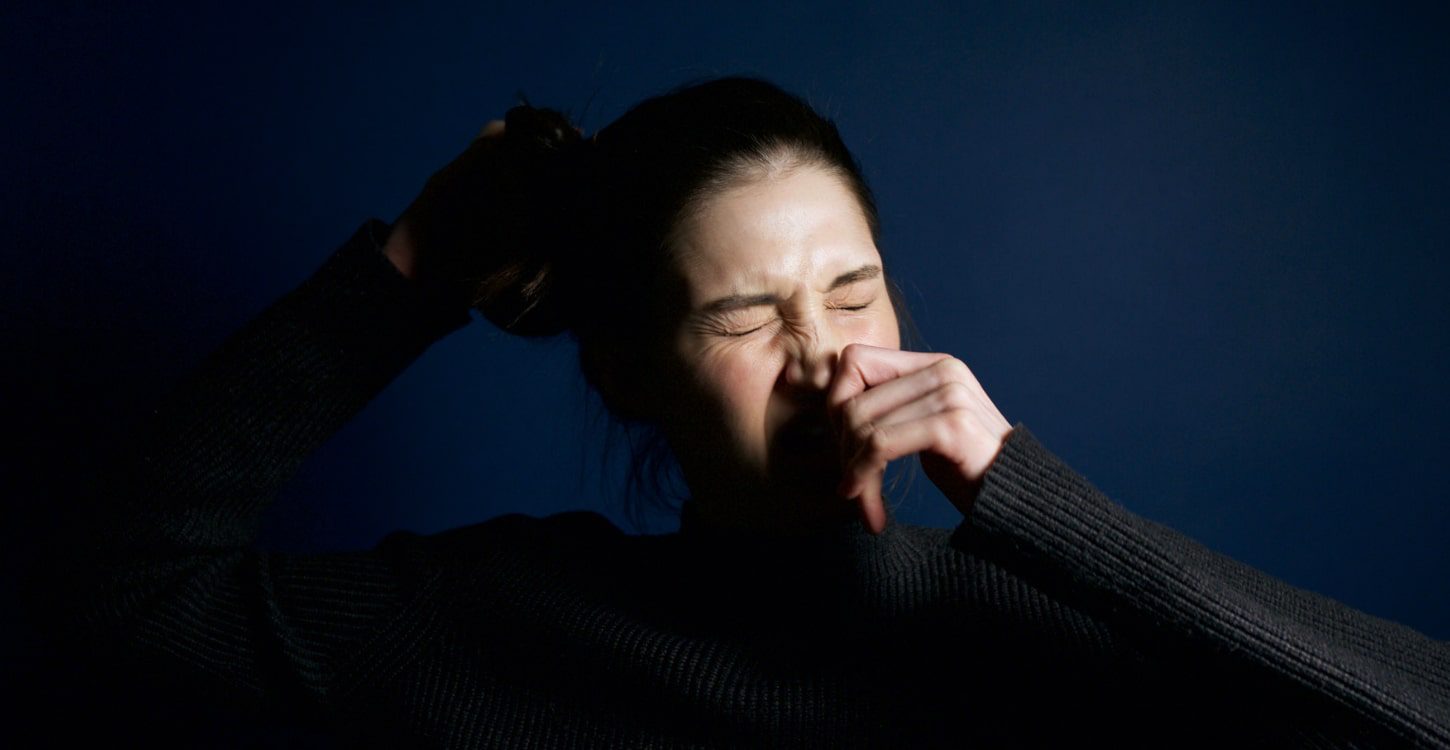What Is The Best Room Temperature For Asthma?
Asking yourself what’s the best temperature for Asthma sufferers? People that suffer from allergies know how difficult it can be to manage their breathing when they must deal with extreme temperatures. Many people with asthma don’t consider extreme to mean the same thing as those without asthma however and if you have recently been diagnosed, or an immediate family member has been, one thing you can do to reduce asthma attacks is monitoring the temperature in your home. If your AC company installed a digital thermostat with your central air, temperature monitoring is easier than ever, and you can keep your AC on a schedule according to what’s best for you.
Ideal Temperature For Asthma Suffers?
Doctors tend to agree that breathing super cold, humid, or very hot air is terrible for people that suffer from asthma. The best temperature to keep your air conditioning set to is around 70 degrees Fahrenheit during the day. When you are sleeping, the temperatures should be turned down to 65 degrees for optimal ease of breathing.
When the air is too cold, viruses can thrive which can also trigger asthmatic symptoms. Cold air can also restrict the airways making it more difficult to breathe and cause wheezing, coughing tightness, and shortness of breath. When the air is too humid and hot, mold and dust mites can be plentiful which ruins the air quality and make it difficult to breathe. Mold can also trigger illnesses that can make people with asthma very sick and possibly lead to death.
How Can Central AC Help?
Central HVAC units not only control the temperature, but also the humidity levels in your home. Your AC company can install digital thermostats that allow you to program the temperature on a schedule. The Air conditioning can be at 70 degrees during the day and automatically adjust down to 65 degrees around bedtime.
Other Options for Mitigating Asthmatic Symptoms
Achieving the ideal temperature at home is just one of the ways you can increase your comfort while living with Asthma. Below, you’ll find several other options that can help reduce the expression of symptoms and triggers for attacks while improving your indoor air quality.
High MERV Filters for Cleaner Air
Keeping your air clean is vital. Cleaner air means fewer irritants and pollutants entering your mouth, throat, and lungs. That means easier breathing. One of the easiest and least expensive ways of filtering your air is to install a high MERV rating filter in your HVAC unit. These are replaceable filters that can effectively block specific airborne contaminants from circulating through your HVAC system.
A filter with a MERV rating of 13-16 is suitable for hospital environments. With one of these kinds of air filters, you can filter out pollen, dust, dust mites, mold, bacteria, pet dander, cooking oil smoke, smoke, smog, and virus carriers.
Keep in mind that you need to replace these filters every few months or as recommended by the manufacturer. Leaving your filter in for too long can render it ineffective and restrict the airflow in your system, forcing it to work harder than it should.
Active Air Filtration Services
Electronic air cleaners can provide a clean and effective option for keeping your air healthy. With an electronic air cleaner installed, air will pass through your HVAC system and your electronic air cleaner. The system’s prefilter will trap larger particles, and electrically charged filters will take care of the smaller particles, such as dust, pet dander, bacteria, and mold.
One of the best benefits of using an electronic air filter is its reusability. Every few months or so, you can remove your filters and wash them by hand, eliminating the need to buy more filters from a particular dealer or big box store.
However, keep in mind that you will need to select the right electronic air cleaner. Some electronic air cleaners can produce low levels of ozone, which can irritate the lungs. When considering an electronic air cleaner, consult with an HVAC technician to make sure you get a system that does not emit ozone.
UV Lights
Asthma is a terrible condition that can be made worse by compounding respiratory ailments, whether brought on by allergies or illness. It can be a worrying thing to think that the air in your home can be a source of sickness. However, to mitigate this, you can install UV lights in your HVAC system.
UV lights are some of the most effective solutions to eliminating airborne contaminants and improving indoor air quality. UV lights produce ultraviolet light to kill airborne mold, bacteria, and viruses before they can circulate through your HVAC system and into the air you breathe.
Typically, UV lights installed in your HVAC system are hardwired into the system so that the light is only on when your system is running.
Duct Cleaning Services For Clean Air Indoors
Because of the constant heat and moisture funneling through your ducts, your ductwork can become an ideal breeding ground for mold and mildew growth. This growth will compound over the years and will only get worse until you address it. Dust and debris can build up in your ducts, as well.
As you can see, over time, your ducts can fill up with quite a mess, and that mess will flow into your air if you don’t schedule to have it cleaned. We recommend getting your ducts cleaned every five years or so to ensure your system is clean and your air pure. Clean ducts will reduce allergens and irritants, help with your HVAC system’s energy efficiency, and keep dust and debris from gumming up your system’s components.
If you’re in need of an AC company to give you an estimate on central air installation, call Max’s Fix-it 24/7 Heating & Air. We’d love to help serve you in Charleston, and neighboring communities within South Carolina.

